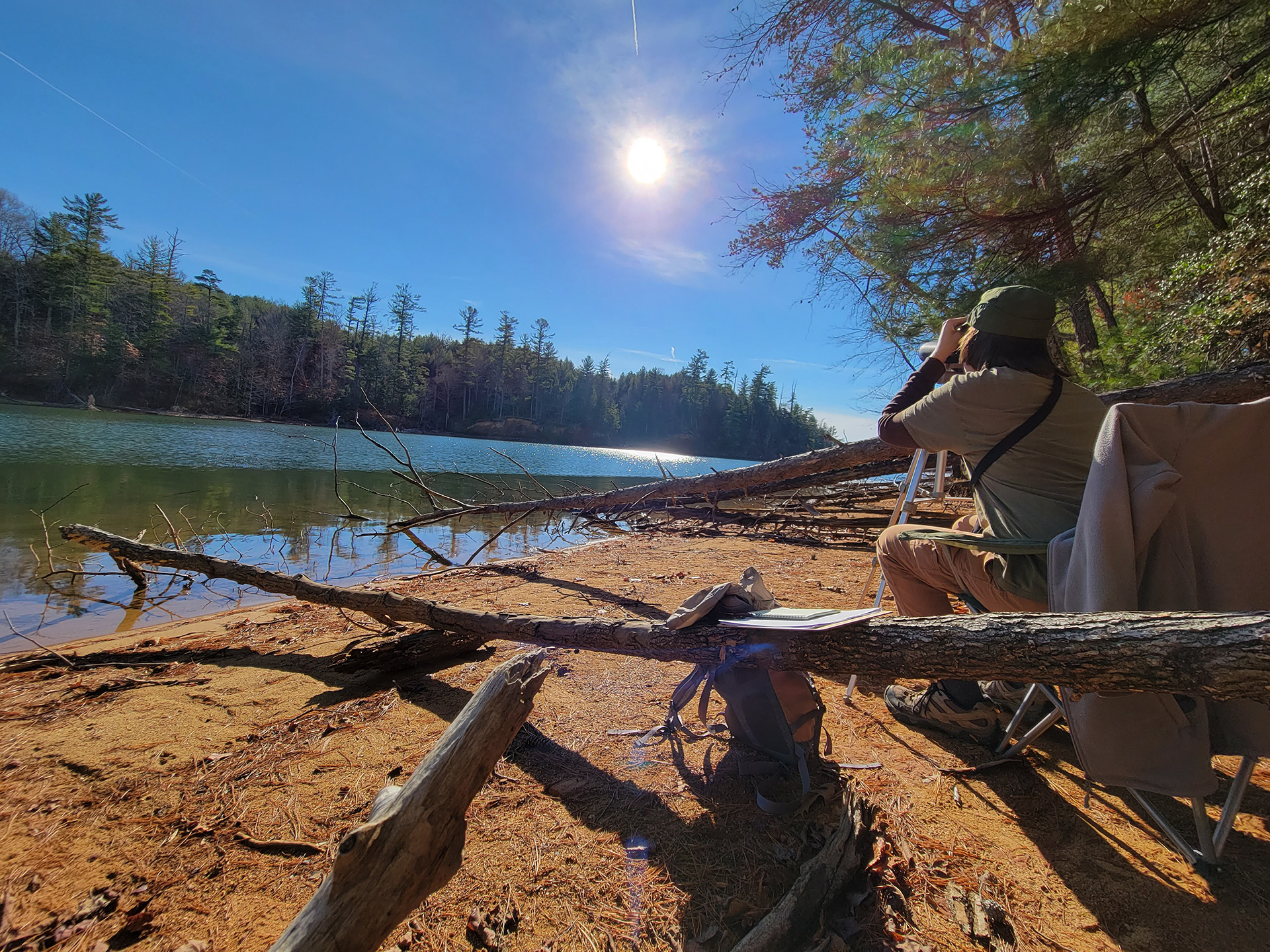Conservation Biology
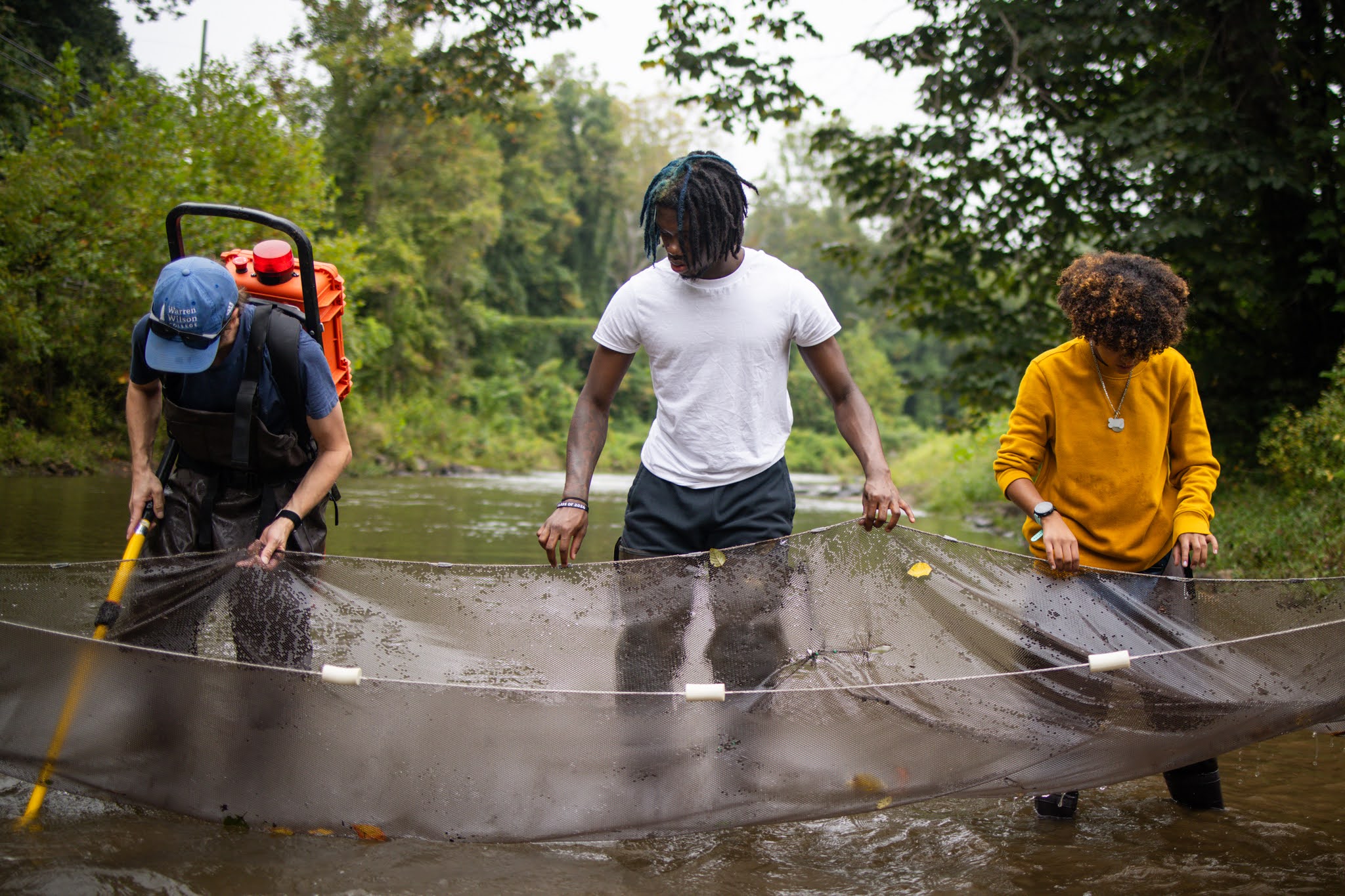
Bachelor of Science and Bachelor of Arts Major
Human activities are causing the current mass extinction crisis, but passionate people can be the solution. We need people who can deftly navigate the natural, societal, and political implications of protecting our world. Our program is a focused, hands-on effort blending research, instruction, fieldwork, and community engagement to help us better conserve life itself.
If you’re eager to make your mark on our world now, Conservation Biology is an exciting field to study. As ecosystems and species inch closer to extinction, there’s an urgent opportunity to have a lasting impact.
Why study Conservation Biology at Warren Wilson?
- Conservation Before Graduation: You’ll engage in hands-on conservation both in the lab and in the field through coursework and capstone projects.
- Key Location: Our 1,000+ acres of farm, river, and forest are nestled in the Blue Ridge Mountains near Asheville, NC, one of the most biodiverse regions in North America, with more plant species than any other area in North America, and more salamander species than anywhere else in the world.
- Community Engaged: You’ll engage with local community partners who are actively participating in local conservation through your courses, internships, and research.
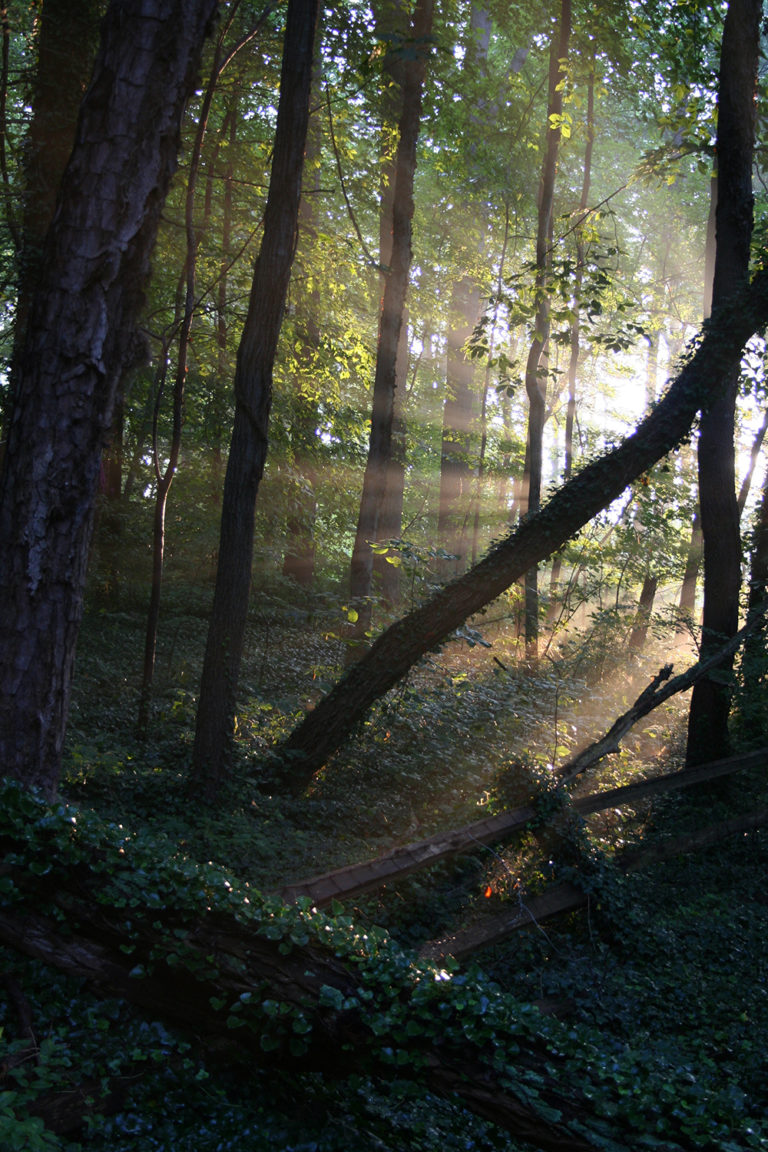
Every student will complete community-engaged coursework, an internship, and original research as part of their major
A Sample of Our Partnerships
- North Carolina Wildlife Resources Commission
- U.S. Fish and Wildlife Service
- Conserving Carolina
See how Conservation Biology students put our education into action
Internship
Aimee Shafer worked as a Communications Intern with Appalachian Wildlife Refuge, which included writing a piece on local cave ecology.
Research
Haleigh Ward’s (she/her) research monitored freshwater mussel populations that were reintroduced into the Swannanoa River on campus with community partners at the North Carolina Wildlife Resources Commission.
Work
You can work on any crew as a student but many Conservation Biology majors choose to be on crews such as:
- Biology
- Chemistry
- Conservation Biology Sub-crew
- Genetics
Study Abroad
In the study abroad course, Everybody Lives Downstream, students traveled throughout Colorado, engaging in experiential and service-based learning with local farmers, environmental lawyers, non-profit organizations, and U.S. Fish and Wildlife biologists. The course focused on issues of water quality and quantity in two distinct regions of North America as they relate to issues of biodiversity loss, climate change, and societal reliance on this vital resource.
Community Engaged Course
In Conservation Biology, you’ll work with the Student Network for Amphibian Pathogen Surveillance (SNAPS), a partnership between the U.S. Geological Survey, the Amphibian Research and Monitoring Initiative, AmphibiaWeb, and Environment and Climate Change Canada, that surveys local amphibians for the pathogen Batrachochytrium salamandrivorans (Bsal).
Popular Courses
Introduction to Conservation Biology
Conservation biology is the applied science of maintaining Earth’s biological diversity. In this course, you’ll develop the foundations you need to better understand the history and philosophical underpinnings of the conservation field.
Conservation Biology
The main focus of this course is biological, but also reaches into ethics, economics, and sociology. The explicit goal of this discipline is to conserve biodiversity at all levels of organization from genetics to populations, species, communities, and ecosystems.
Biology of Fishes
In this course, you’ll explore the incredible diversity of freshwater fishes in streams throughout western North Carolina through the lens of their ecological roles and the threats aquatic ecosystems face.
Amy Boyd, Ph.D.
Research Interests
- Pollination biology and ecology
- Population dynamics of an endangered cactus species
- Floristics of the Blue Ridge mountains
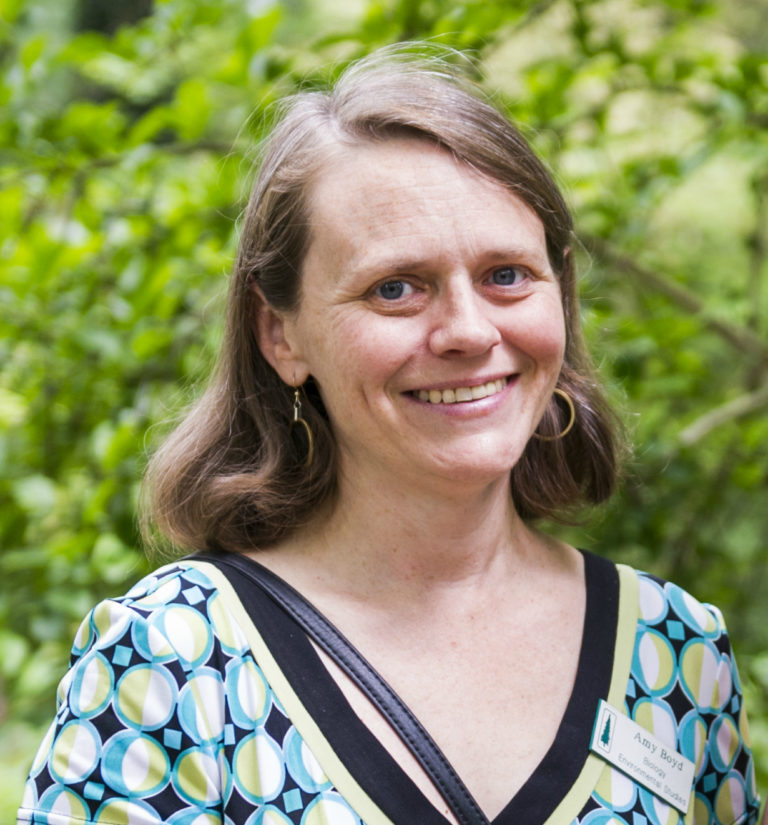
“Warren Wilson is a place where we are engaged lovers of learning and of connecting what we learn to the world. It’s also a community where we can be whole people with diverse interests, where I can not only be scientist but artist, musician, gardener, mother.”
Patrick Ciccotto, Ph.D.
Research Interests
- Systematics of Asian freshwater fishes
- Evolutionary ecology of fish coloration
- Aquatic conservation

“The enthusiasm Warren Wilson students have for the study of the natural world on campus and beyond is infectious. I enjoy guiding and learning from them as we explore biological systems and processes together.”
Liesl Peterson Erb, Ph.D.
Research Interests
- Ecology and Evolutionary Biology
- Conservation biology
- Wildlife ecology
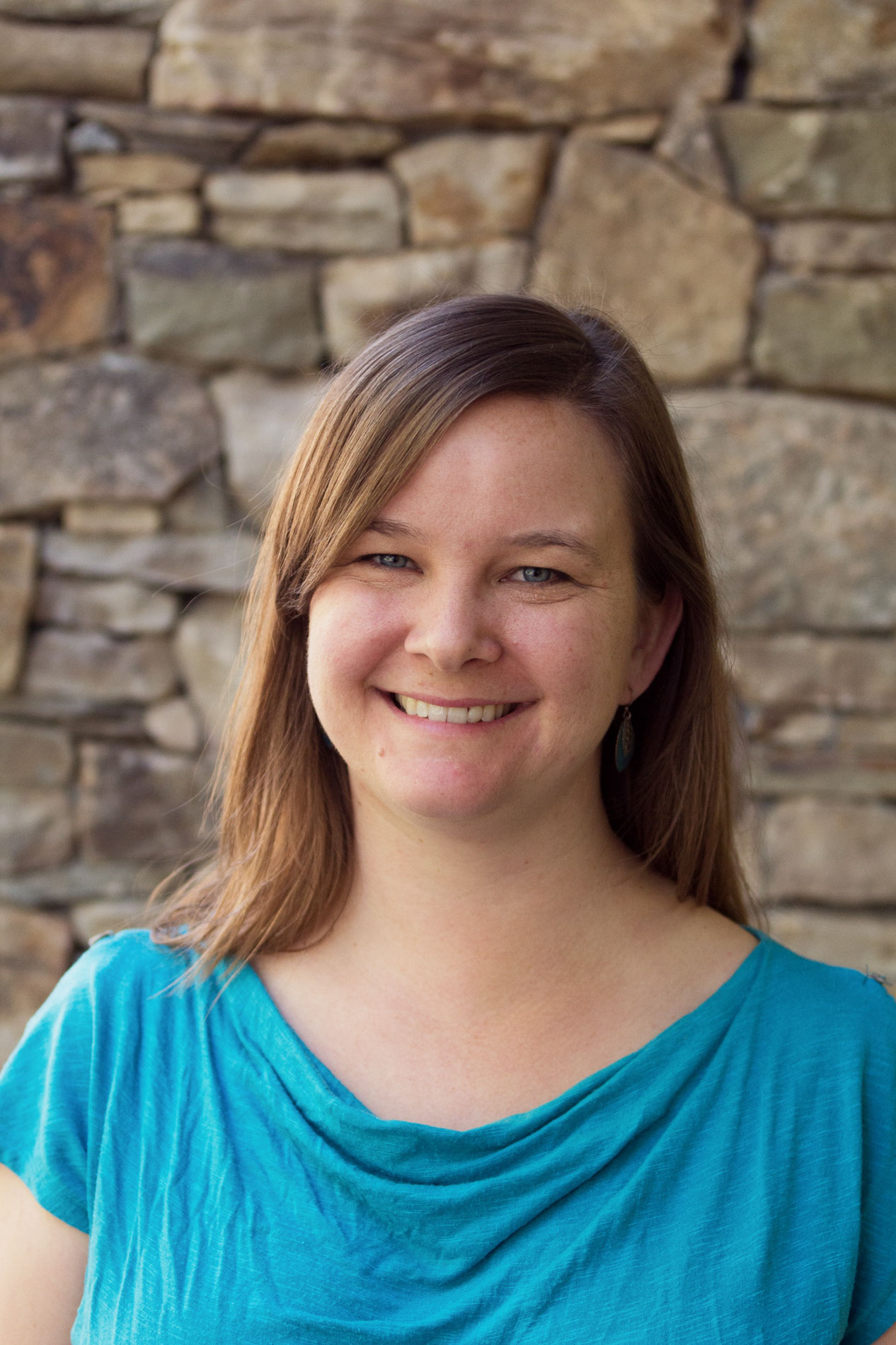
“I am more guide than teacher; I love guiding intelligent, passionate students as they help change the world not just after they graduate, but as part of their educational experience.”
Olya Milenkaya, Ph.D.
Research Interests
- Biodiversity Conservation
- Wildlife Behavioral Ecology
- Invasive Species
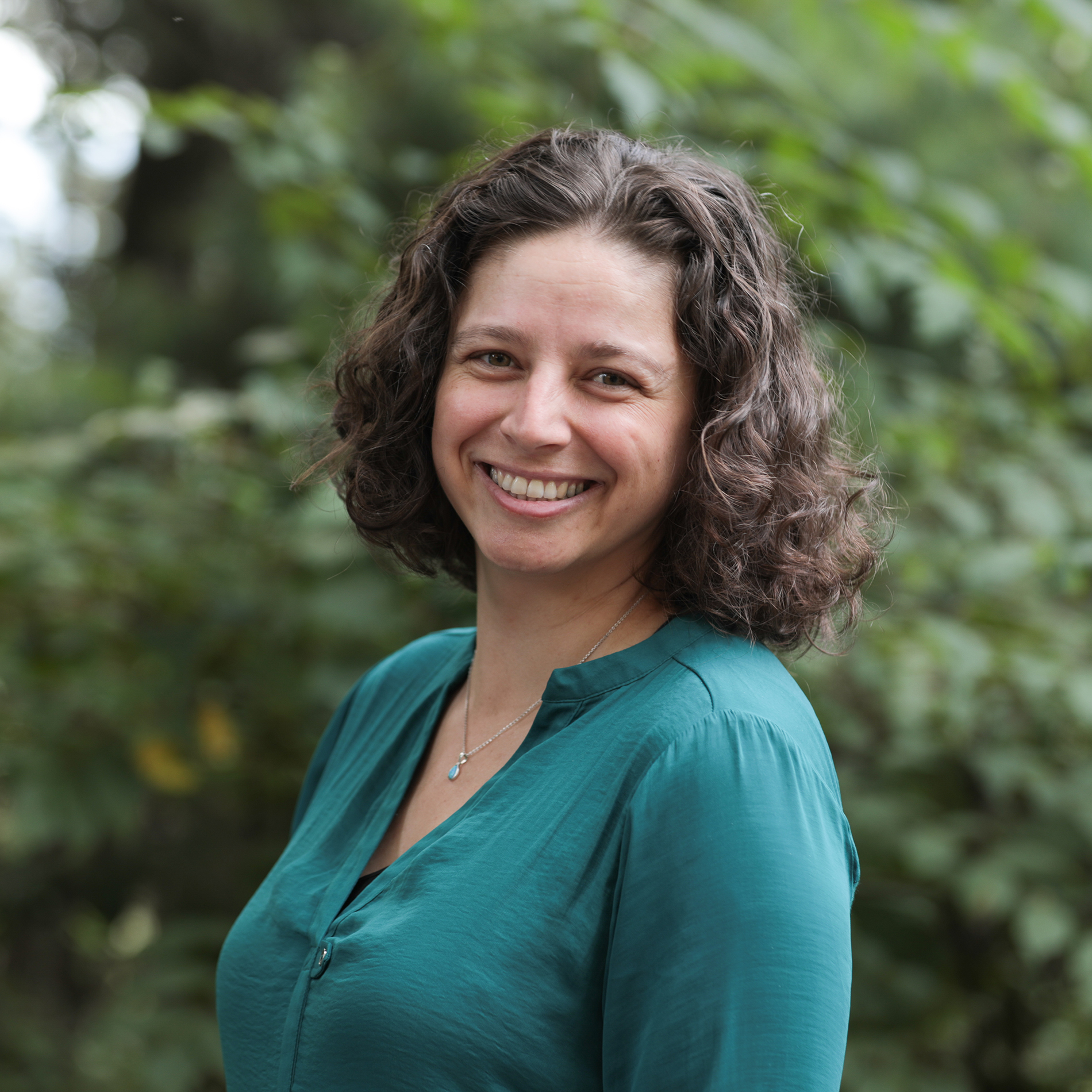
“I love teaching at Warren Wilson because the students challenge me to dig deeper and think harder. And I return the favor: we push and support each other in our learning. ”
Where Our Conservation Biology Graduates Go
- Rocky Mountain Biological Laboratory
- Georgia Sea Grant
- WNC Nature Center
- U.S. Fish & Wildlife
- U.S. Forest Service
- Nature Conservancy
- World Wildlife Fund
